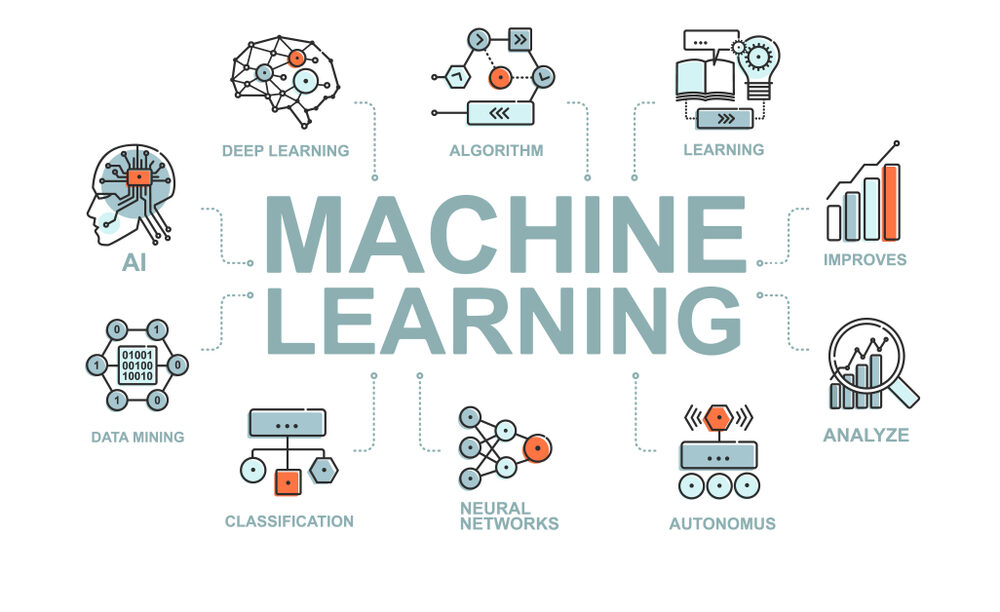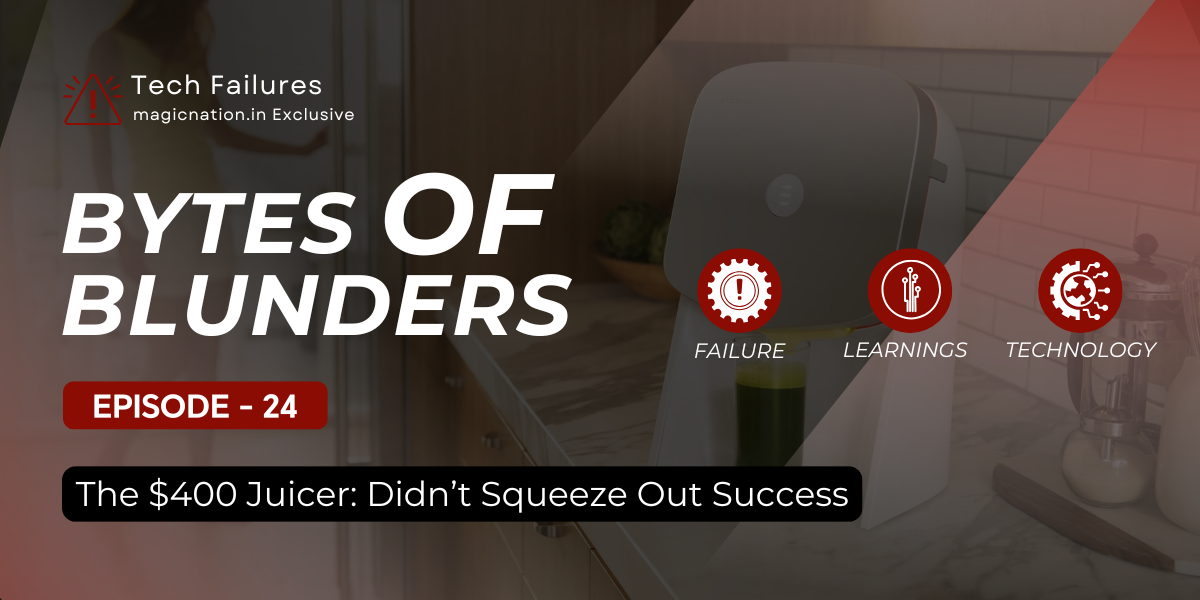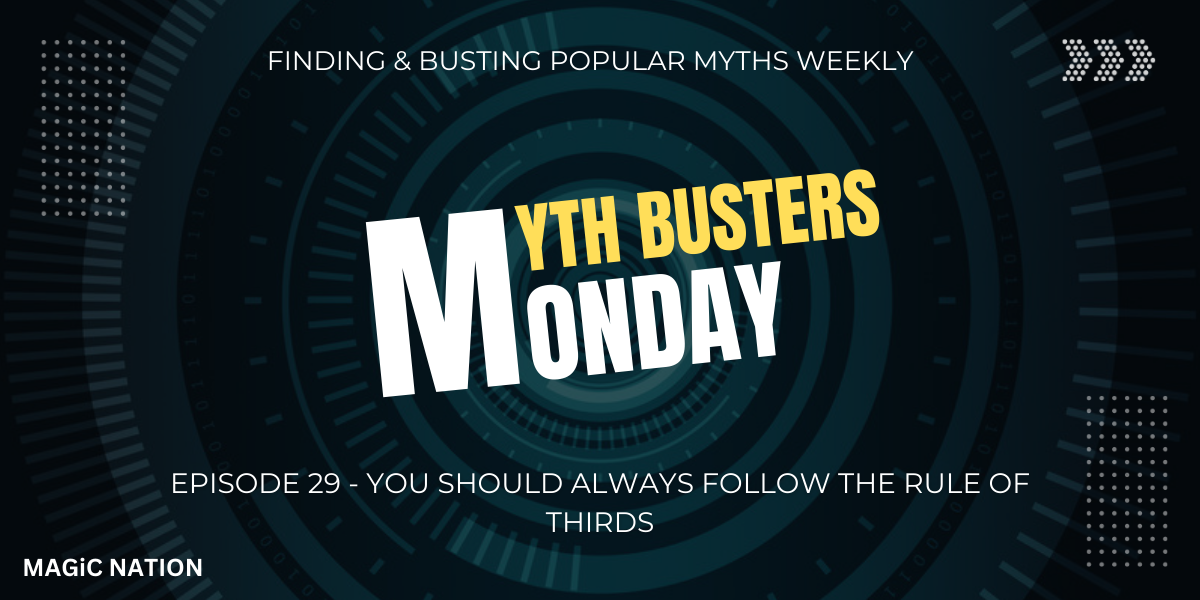Imagine a child learning to ride a bike. They don't need a manual; they learn by trial and error, adjusting their balance and pedaling based on feedback from their body and environment. That's essentially how ML works. Instead of following pre-defined rules, algorithms learn from massive amounts of data – anything from pictures and text to sensor readings and financial transactions. By analyzing these patterns, they "figure out" how the world works and make informed decisions, even when faced with new situations.
From Spam Filters to Self-Driving Cars: Unmasking the Applications
ML isn't just a theoretical concept; it's already woven into the fabric of our daily lives. The spam filter that keeps your inbox clean? ML. The movie recommendations you get on streaming platforms? ML. Even the facial recognition used to unlock your phone – yup, that's ML too! And the applications stretch far beyond entertainment. ML is being used to develop life-saving medical treatments, optimize energy grids, and even predict natural disasters. The possibilities are truly endless.
Learning to Learn: The Challenges and Biases of ML
Like any powerful tool, ML comes with its own set of challenges. One major concern is bias. If an algorithm is trained on biased data, it will perpetuate those biases, potentially leading to unfair or discriminatory outcomes. It's crucial to ensure that ML models are trained on diverse, high-quality data and that ethical considerations are prioritised throughout the development process.Another challenge is the "black box" nature of some ML algorithms. Their complex inner workings can be difficult to understand, making it hard to explain how they reach certain conclusions. This lack of transparency can raise concerns about accountability and trust.
The Human-Machine Collaboration: A Future of Shared Intelligence
The rise of ML doesn't spell doom for human jobs; it's about collaboration. Machines can handle the repetitive tasks and complex calculations, freeing up humans to focus on creativity, critical thinking, and ethical decision-making. By working together, humans and machines can achieve far greater outcomes than either could alone.











